This website uses cookies so that we can provide you with the best user experience possible. Cookie information is stored in your browser and performs functions such as recognising you when you return to our website and helping our team to understand which sections of the website you find most interesting and useful.
Pechenizhyn Territory Community
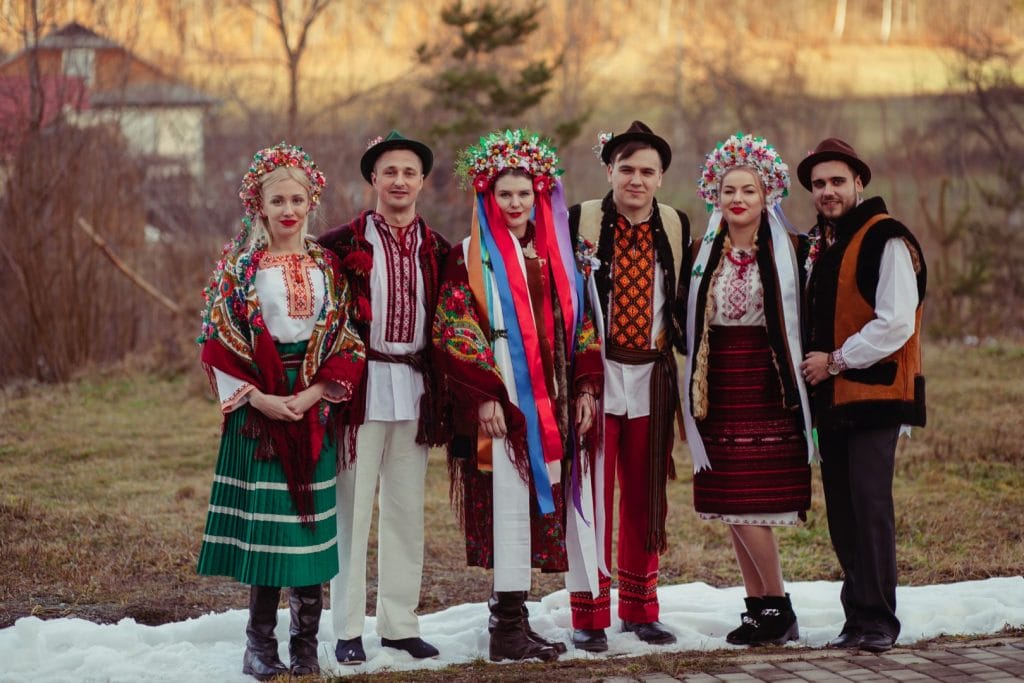
The Pechenizhyn territorial community is situated in the Kolomyia Raion of the Ivano-Frankivsk Oblast.
Total area: 184.47 km²
Population: 17,821
Women: 9,480
Men: 8,338
Internally Displaced Persons (IDPs): 260
The community comprises 9 settlements, with its administrative centre located in the town of Pechenizhyn.
History
The Pechenizhyn community is a unique region with a rich history dating back to 1443, when Pechenizhyn was first mentioned in written records.
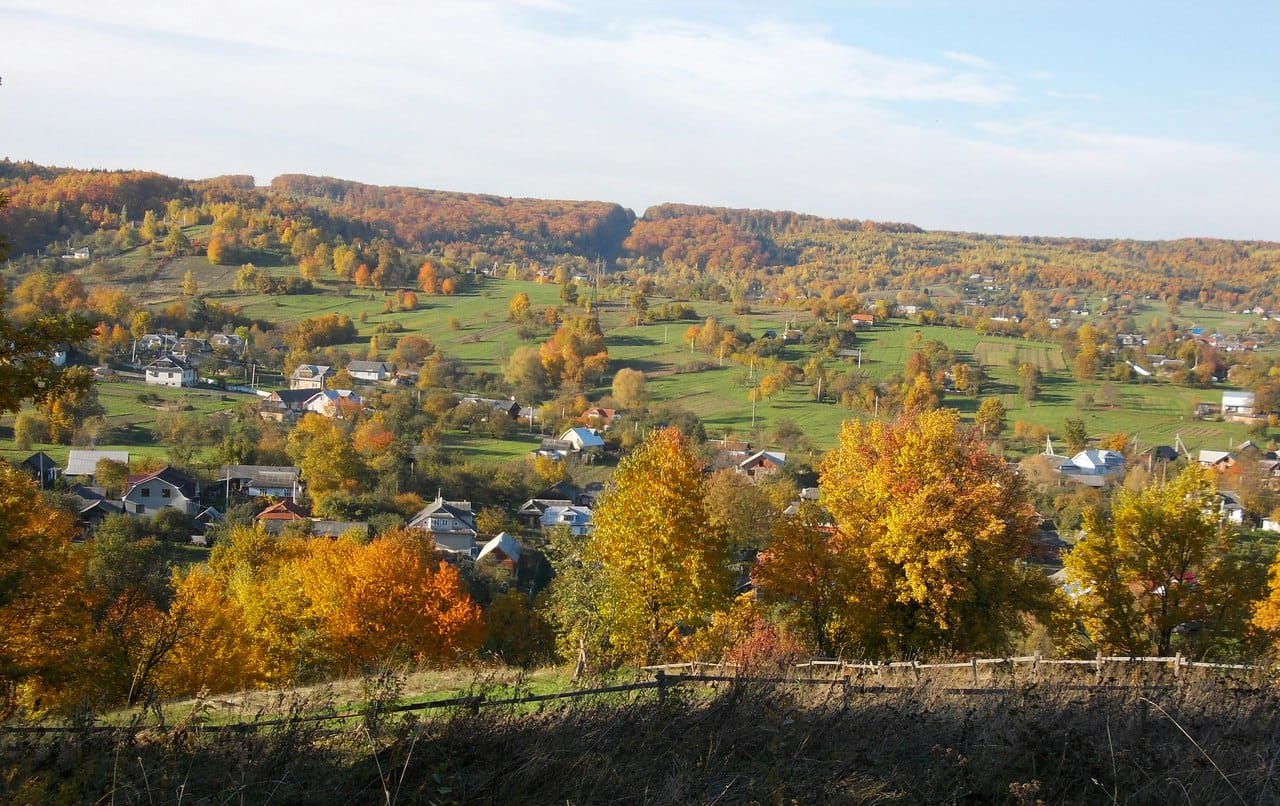
Archaeological findings indicate ancient settlement in this area, including tools from the Neolithic era and artifacts from the Bronze Age, such as a flat axe, a knife, and a fishing hook. The name of the community is likely connected to the Pechenegs, a nomadic tribal union that inhabited the lower Prut River and the steppe regions of Ukraine in the 9th–11th centuries.
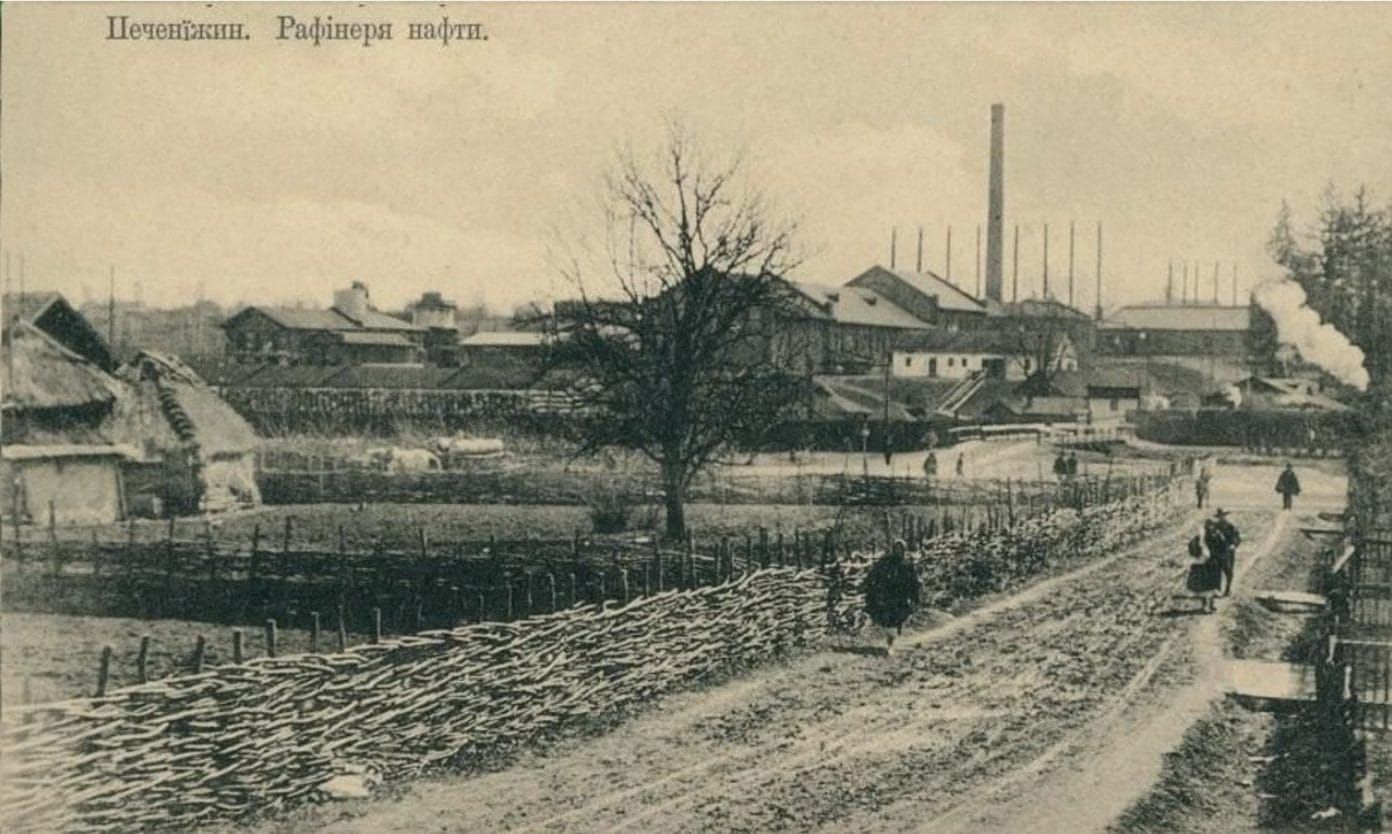

The oldest spiritual landmark in the community is the lower Church of St. Demetrius of Thessaloniki, built in 1629. This three-domed wooden church is an impressive example of 17th-century architecture. The church houses unique old prints, carved icons, and painted artworks.
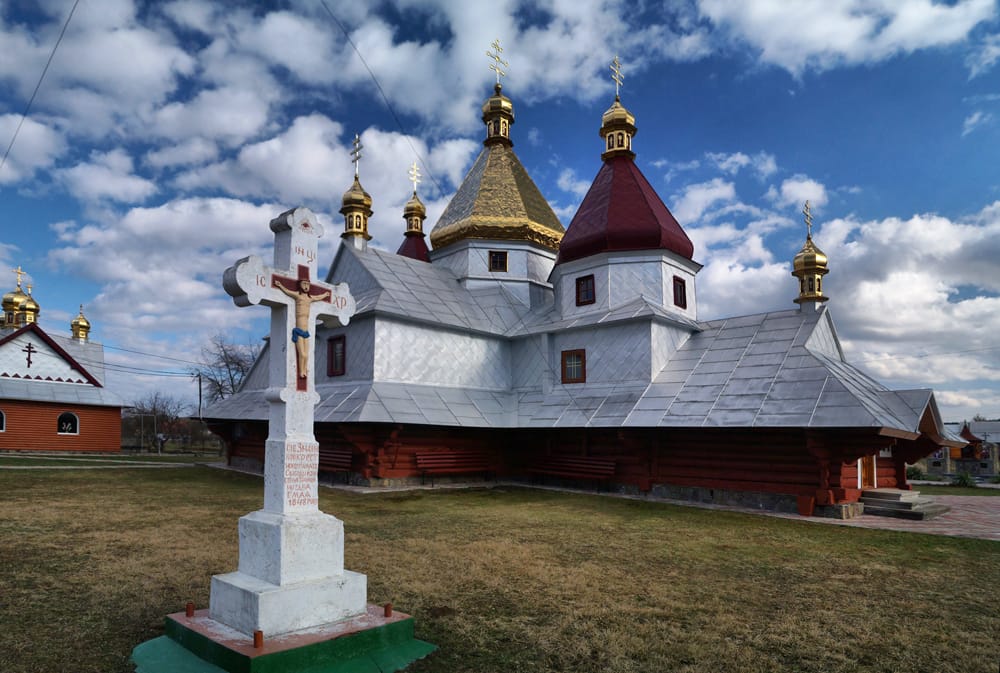
Near the church is a historical-memorial complex, which includes the building of the community’s first school, the “Diakivka School.” Established in the late 18th century, this school was closely tied to the church community, and its teachers were church clerks. The oldest written mention of the school dates back to 1789, and the old building where it operated has been preserved to this day.
Economy and Welfare
The economy of the Pechenizhyn community is based on enterprises producing meat products, bricks, tiles, lumber, and wooden and metal goods. Additionally, the construction of residential and non-residential buildings is developing here.
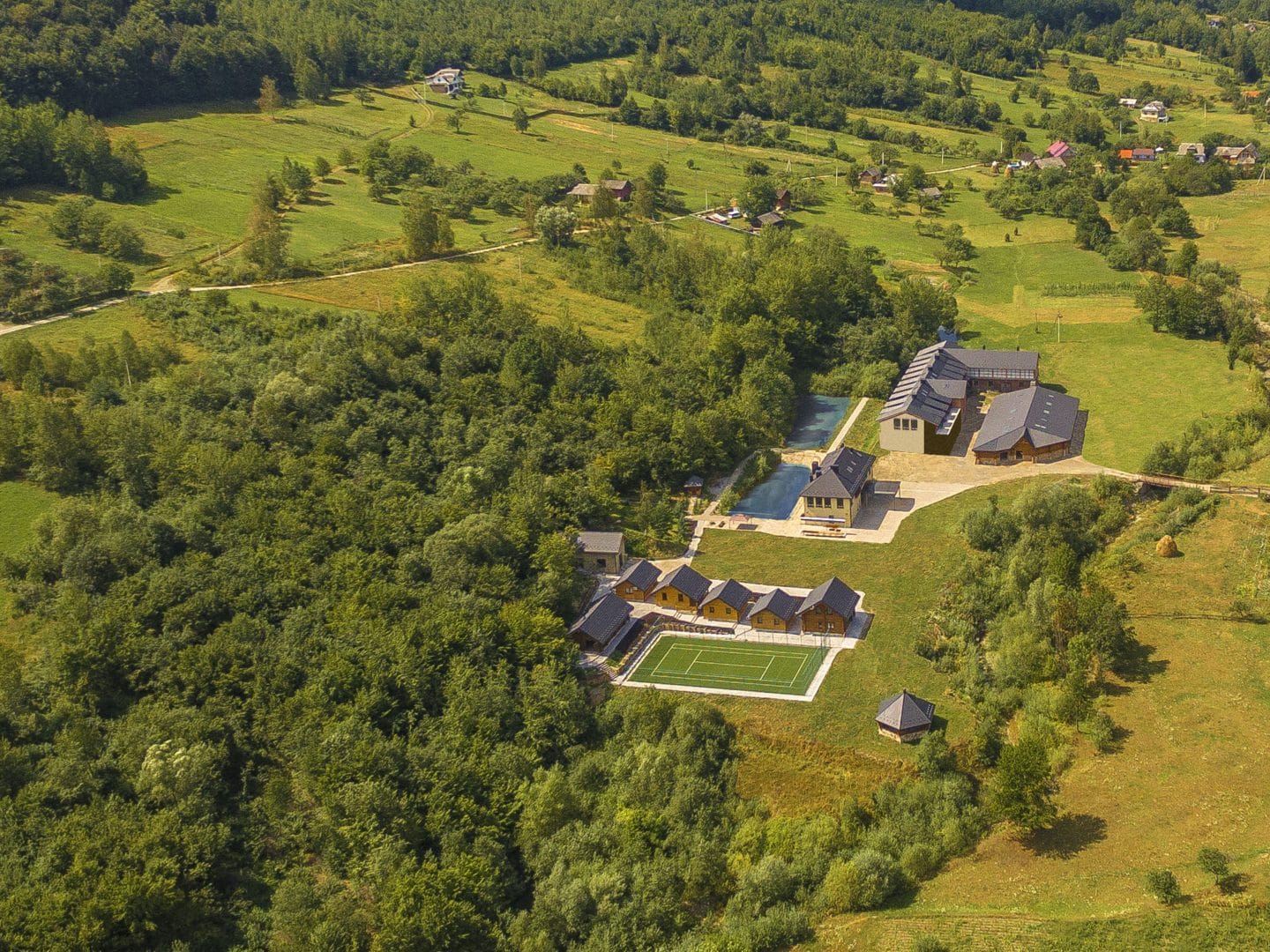
Most community residents work in agriculture, with some land leased to agricultural enterprises. At the same time, around 30 small businesses operate in non-agricultural sectors, primarily in trade, industry, transport, and construction. Individual entrepreneurs employ about 360 people.
The sausage industry stands out, with 4 enterprises producing sausage products.
The private enterprise ELEVATOR BUDMASH is also successful, manufacturing and selling elevator equipment and grain dryers powered by solid fuel.
The community is rich in natural resources with significant economic potential, including oil (Slobodo-Rungurske field), rock salt, mineral waters, and springs.
There are also reserves of construction materials, such as clay for brickmaking, sandstone, limestone, and gravel, which are actively used for producing construction goods.
A “Sheep Farming Revival Centre” is being established in the community to serve as a hub for economic cooperation.
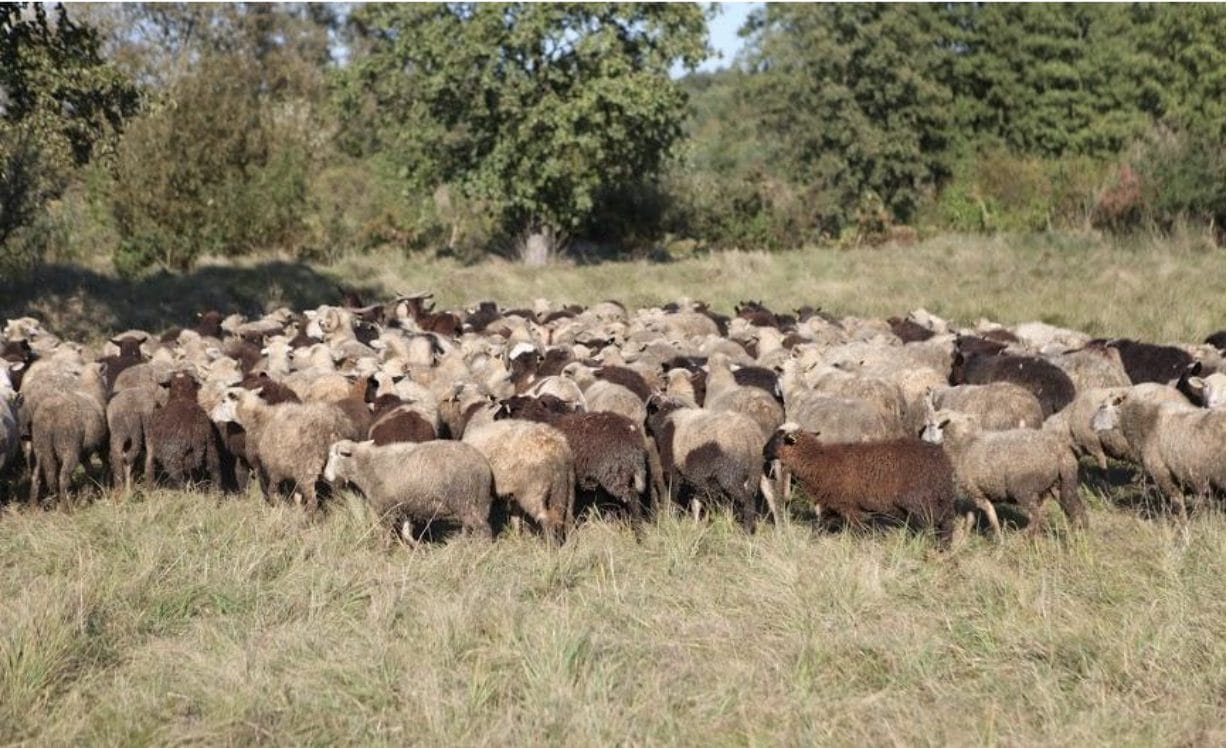
The Centre aims to stimulate livestock development by attracting both internal and external resources. It will collaborate with government bodies, businesses, and public organisations, promoting the sustainable development of the community and the implementation of its growth strategies.
The Community and the War
From the first days of the war, Pechenizhyn Community actively engaged in volunteer activities. A volunteer centre was established here. Humanitarian aid was received from both local residents and international partners.
The aid was sorted and sent to frontline regions, including Mykolaiv, Kharkiv, Dnipropetrovsk, Zaporizhzhia, Kherson, Luhansk, and Donetsk Oblasts.
Some aid was retained for internally displaced persons, for whom a distribution point was set up in the Cultural Centre. IDPs could receive food, hygiene products, clothing, bedding, appliances, children’s items, and pet food. Distribution was managed by both local volunteers and displaced persons themselves.
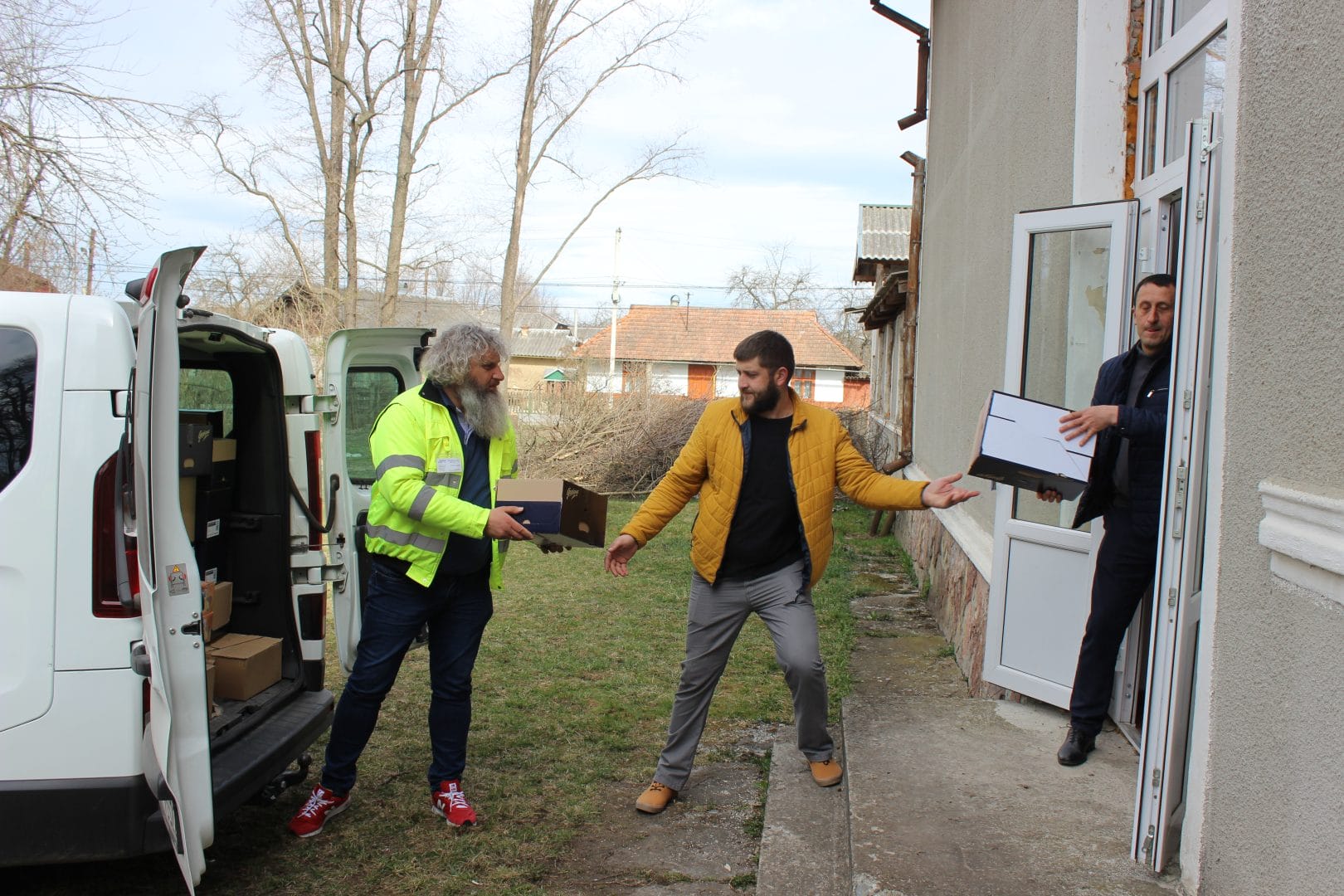
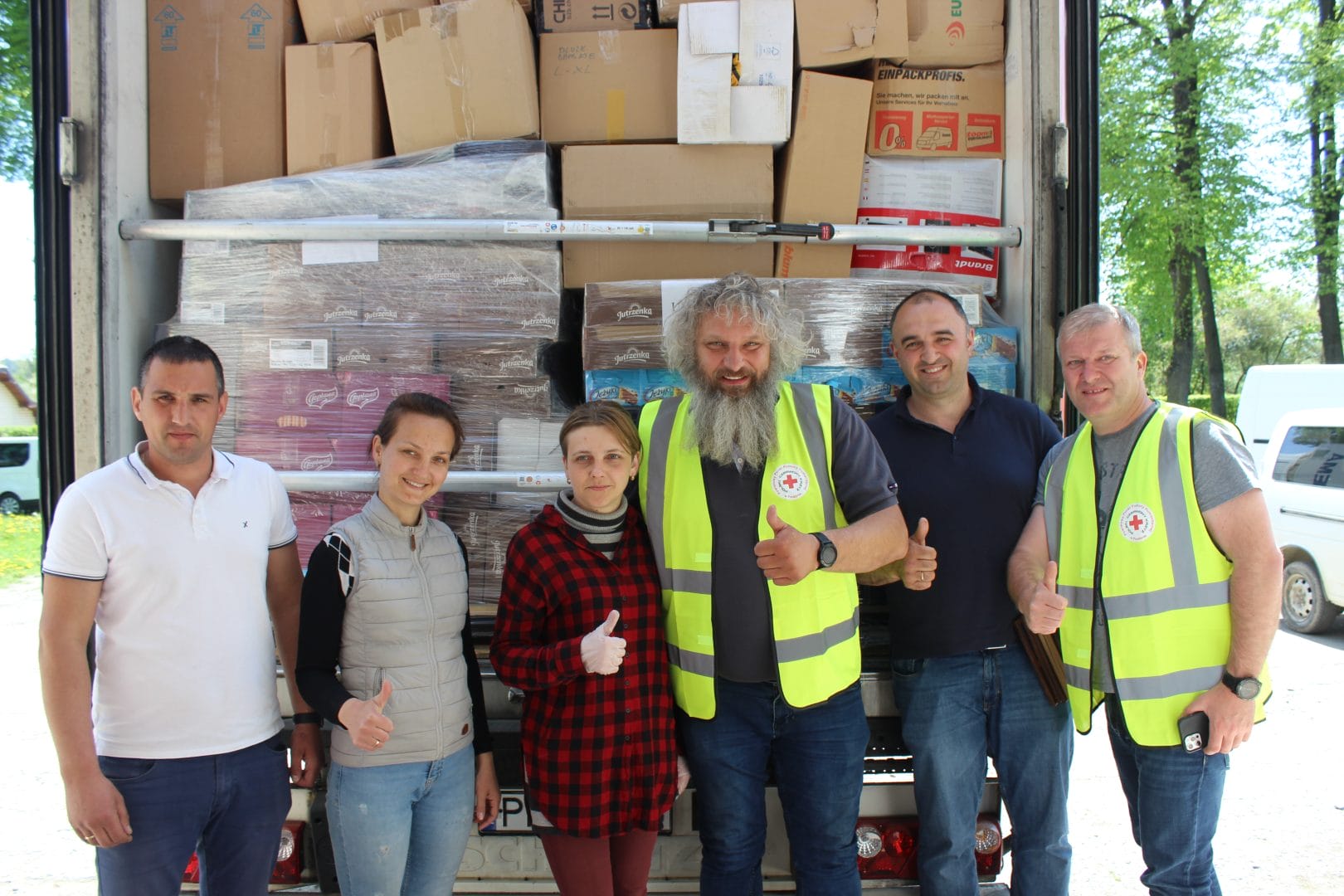
Community residents actively collect food, purchase military equipment, and provide financial support. Volunteers deliver supplies directly to the frontline regions. As of 2024, over 50 humanitarian aid trucks have been dispatched from the Centre. Significant supplies were received from Polish entrepreneurs, who provided clothing, food, children’s items, bicycles, and more. The community has provided military gear for many soldiers and supported locals in their places of service.
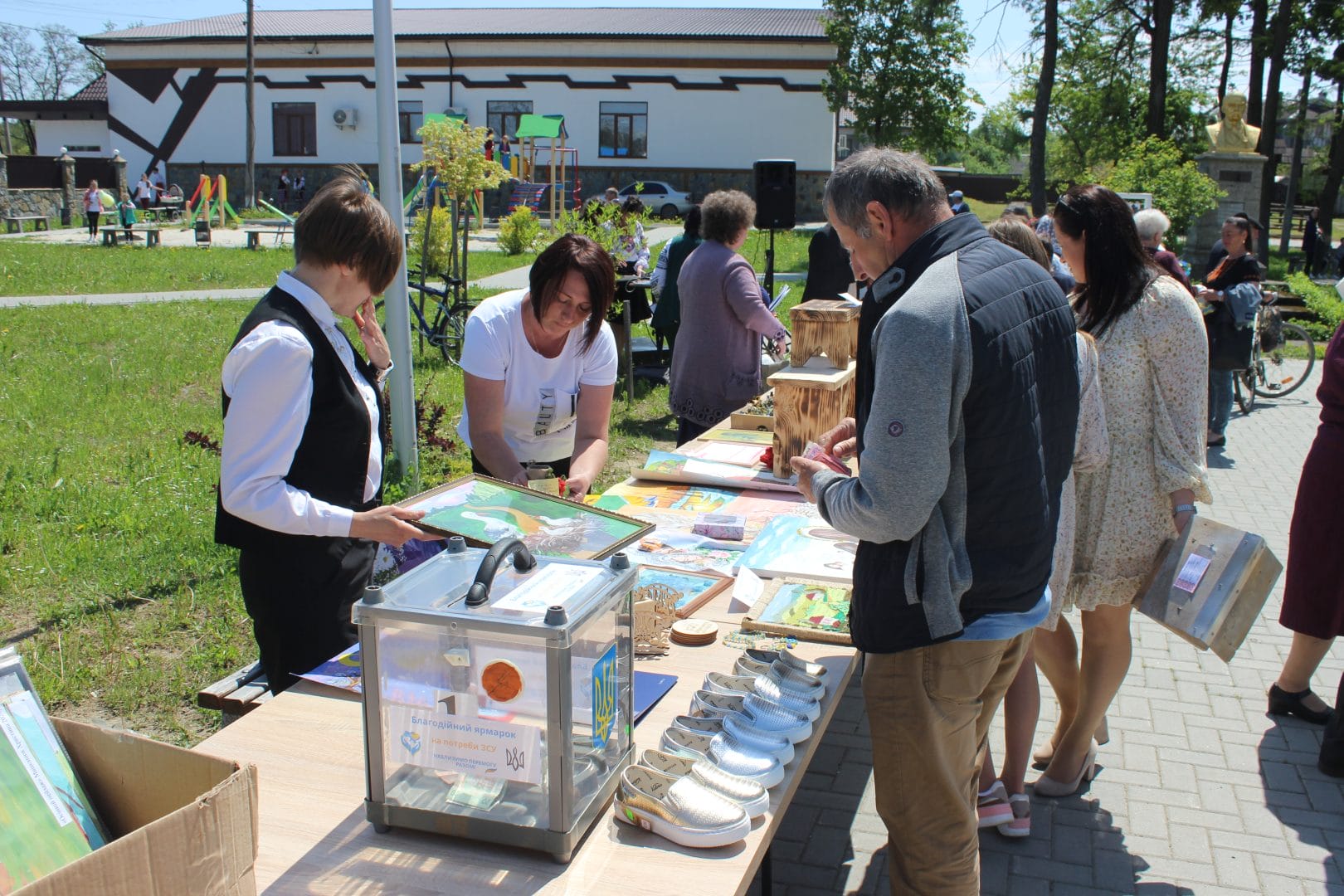
Thanks to cooperation with Polish partners and an agreement with the County Humanitarian Aid Centre in Parazyn, over 76 tonnes of humanitarian aid were delivered.
The public organisation HumanitareHilfeUkraine.e.V, with the support of Myroslav Chemerys and Vasyl Vilinskyi, donated five modern medical vehicles equipped with life-saving equipment for the frontline.
For his active volunteer work, Vasyl Vilinskyi was awarded the ‘Valour of Prykarpattia’ medal.
The community joined forces with local entrepreneurs to purchase vehicles for the frontline.
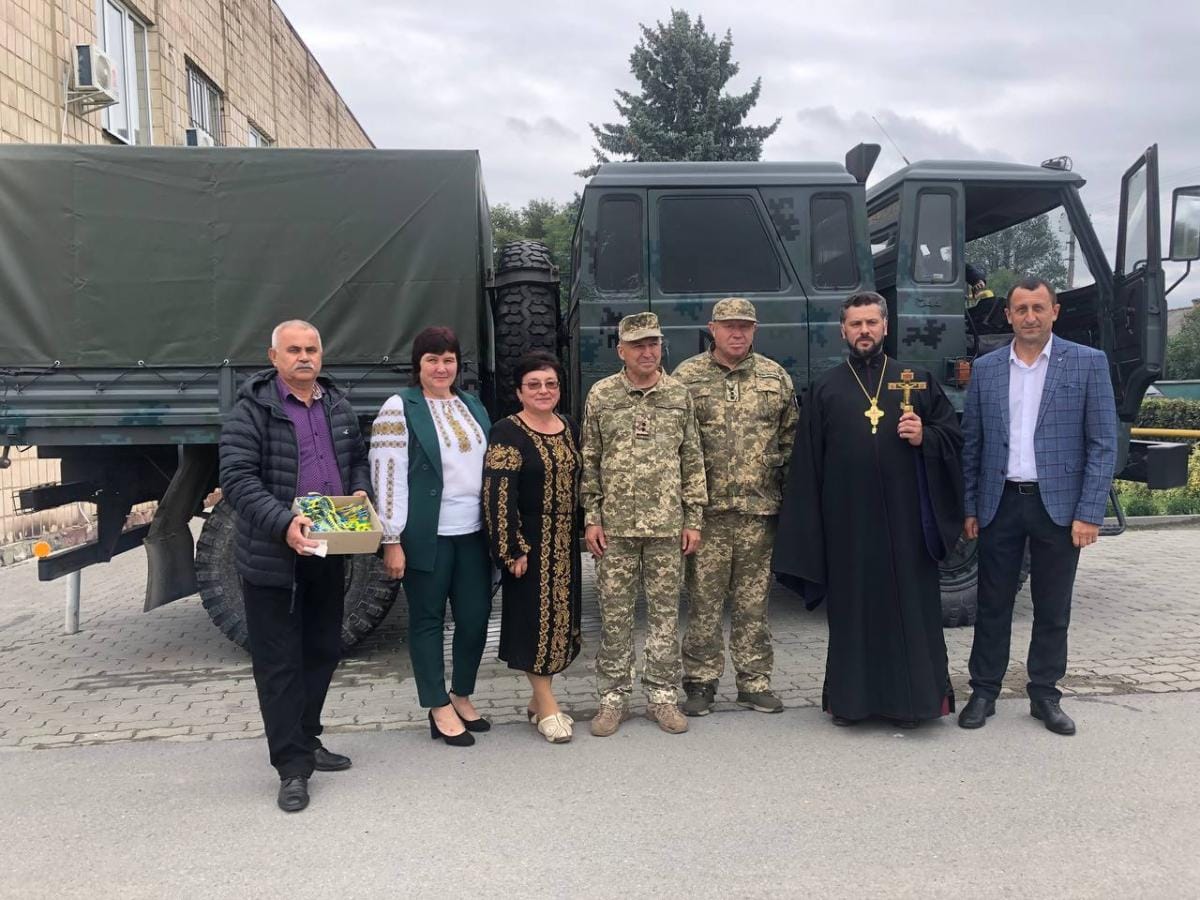
Work with IDPs includes cooperation with international organisations such as NEEKA, the Canada-Ukraine Foundation, the Ukrainian Canadian Congress, and HelpAge International. IDPs receive hygiene products, food, clothing, medicines, household items, and financial aid. The community is making efforts to support displaced persons and provide them with everything they need.
Community People
The head of the Pechenizhyn community is Ihor Dovirak. He is an example of a leader whose work, energy, and innovative approach unite people around common goals.
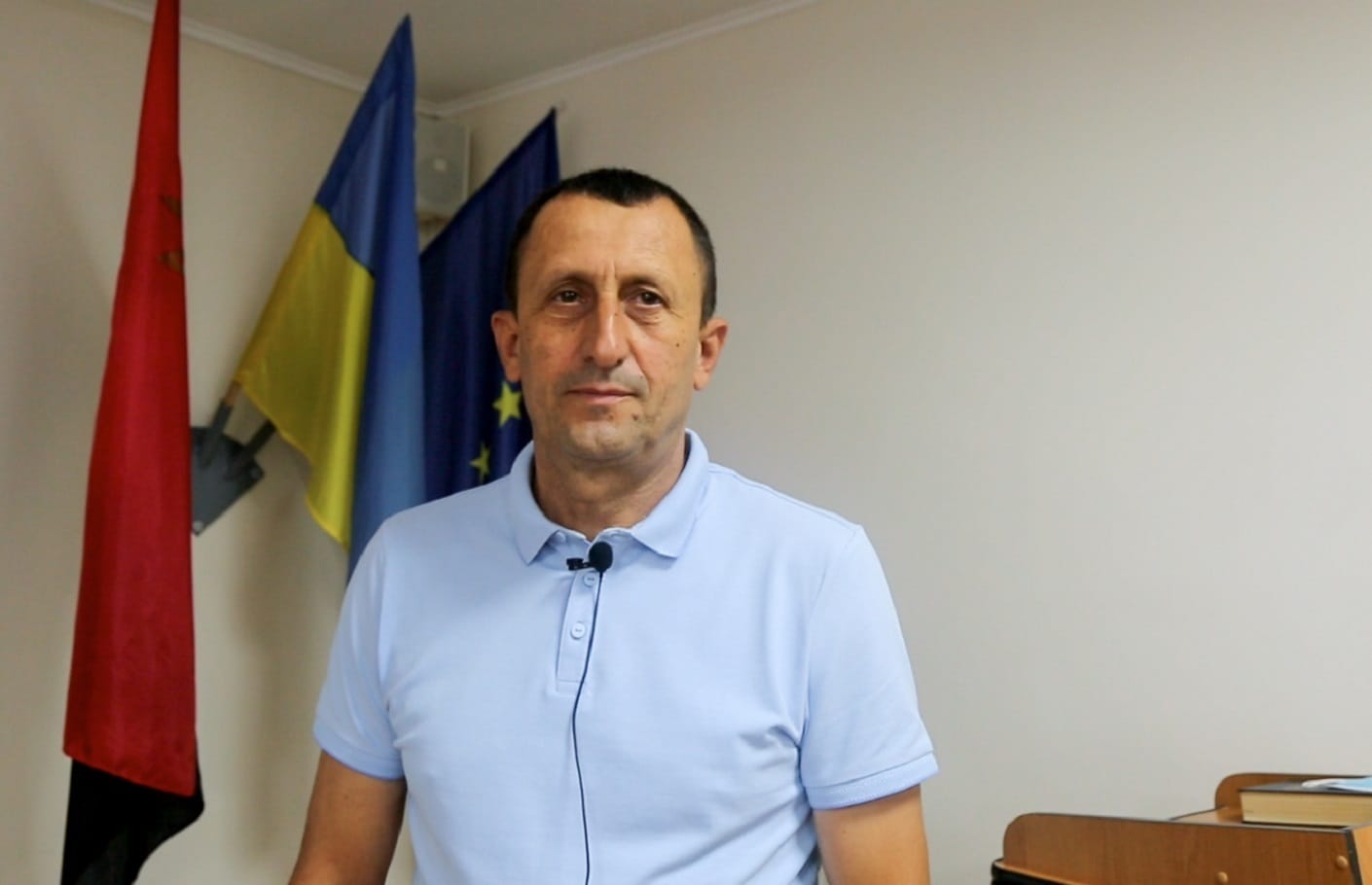
His efforts focus on improving the quality of life for community residents and implementing large-scale projects made possible through a well-coordinated team effort. Thanks to his leadership, Pechenizhyn Community has become a model for others, demonstrating that even small communities can achieve great success.
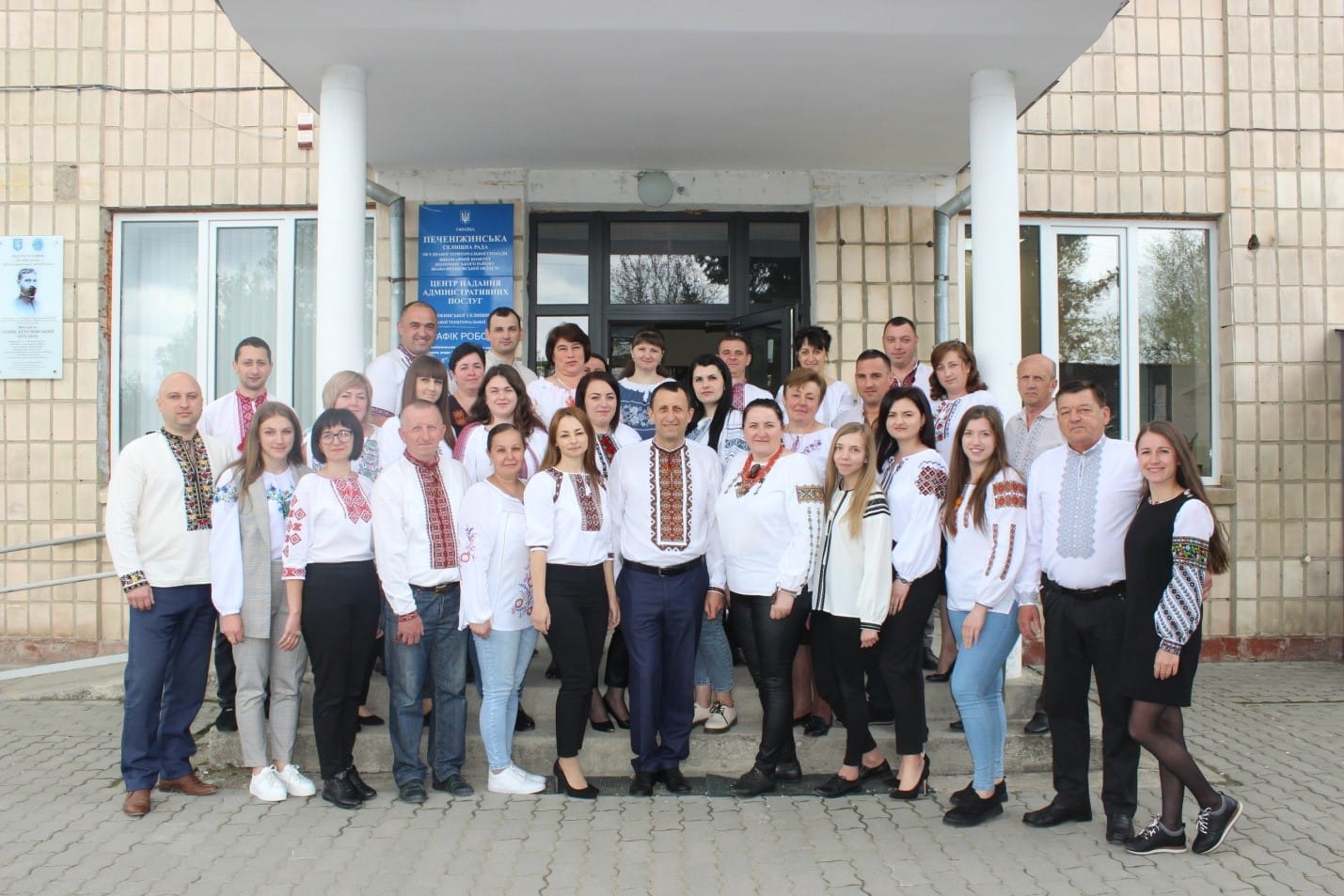
As part of partnerships, Pechenizhyn Community has begun developing gender-responsive budgeting and other mechanisms.
One of the first in the Oblast, Pechenizhyn Community has improved solid waste management services. Through the USAID DOBRE Programme, the community received nearly 1,500 individual containers for separate waste collection and installed 15 container sites in various settlements.
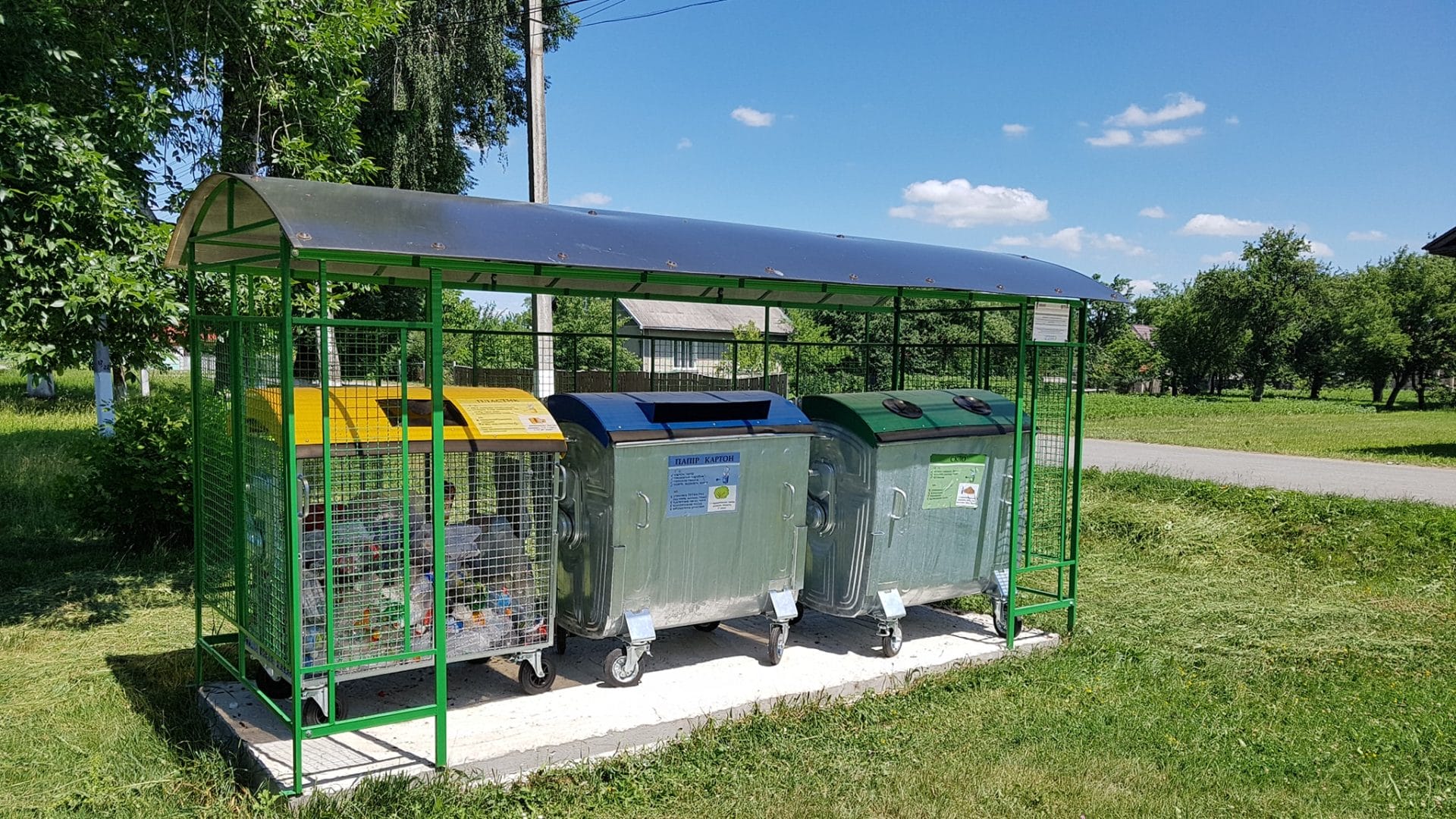
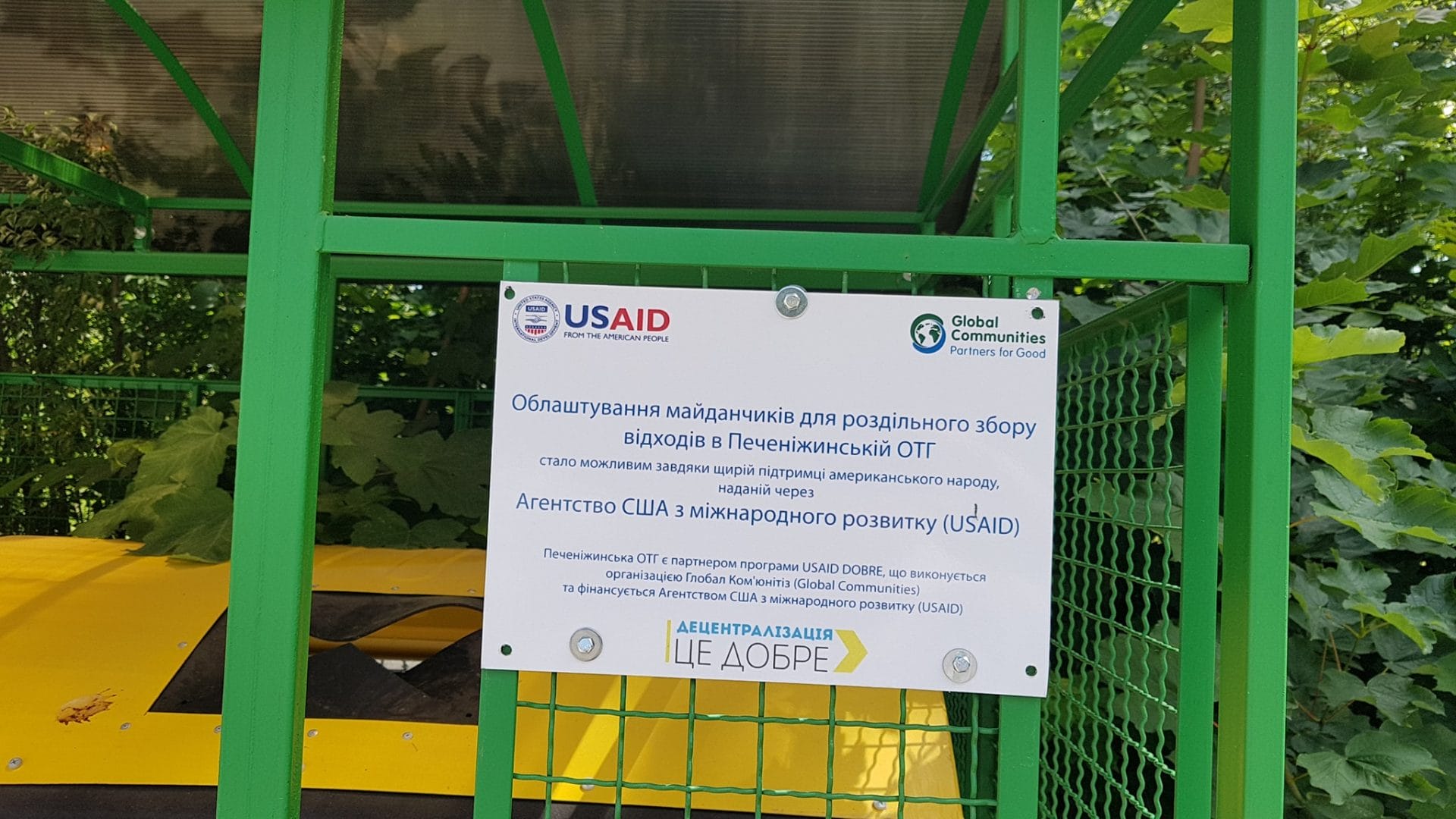
Additionally, the meeting hall was renovated, where sessions, executive committee meetings, public hearings, and training sessions are held.
Sports and children’s playgrounds were installed in every settlement, and the central community park square was renovated with modern design assistance from the USAID DOBRE Programme. This space also provides opportunities for local business development.
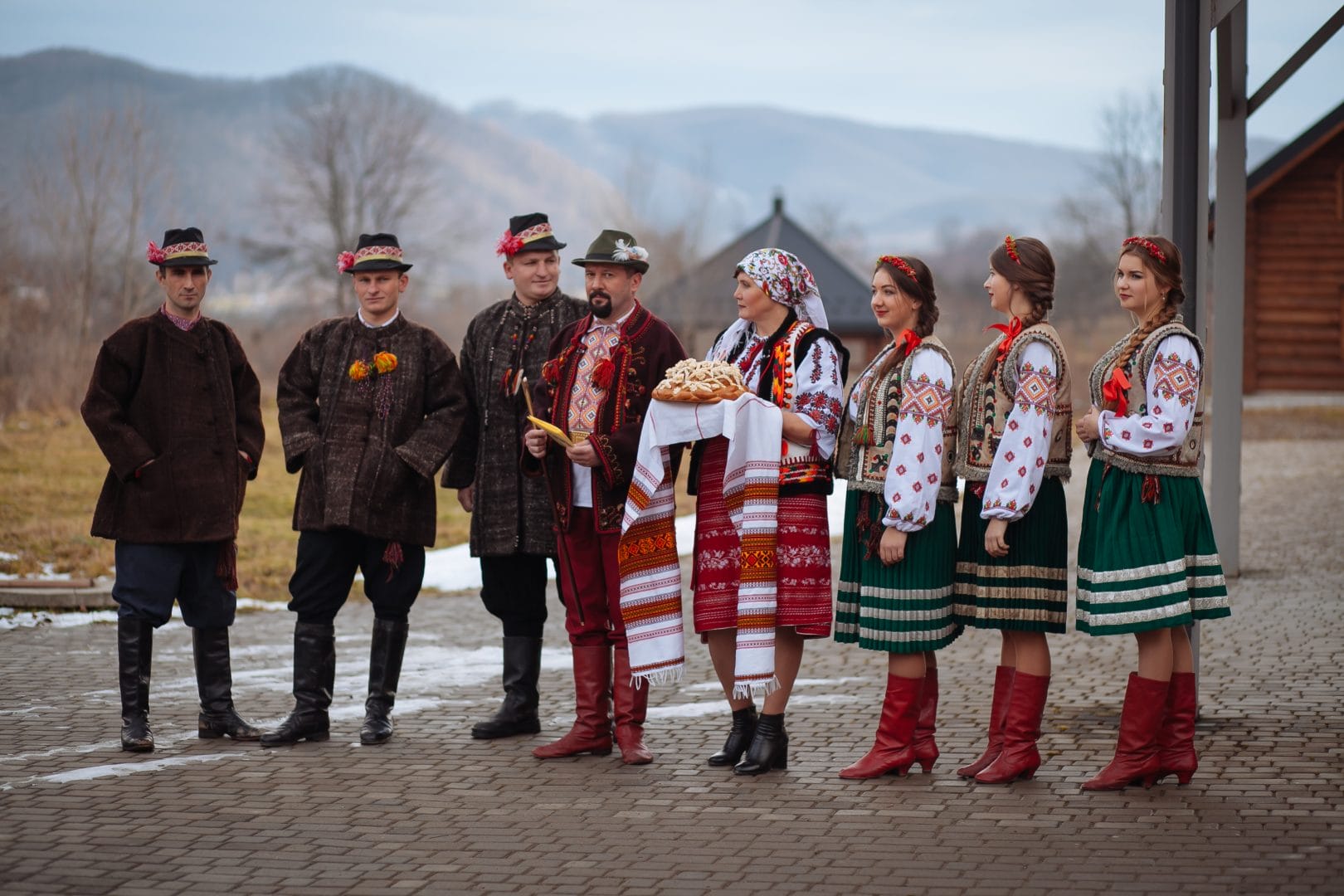
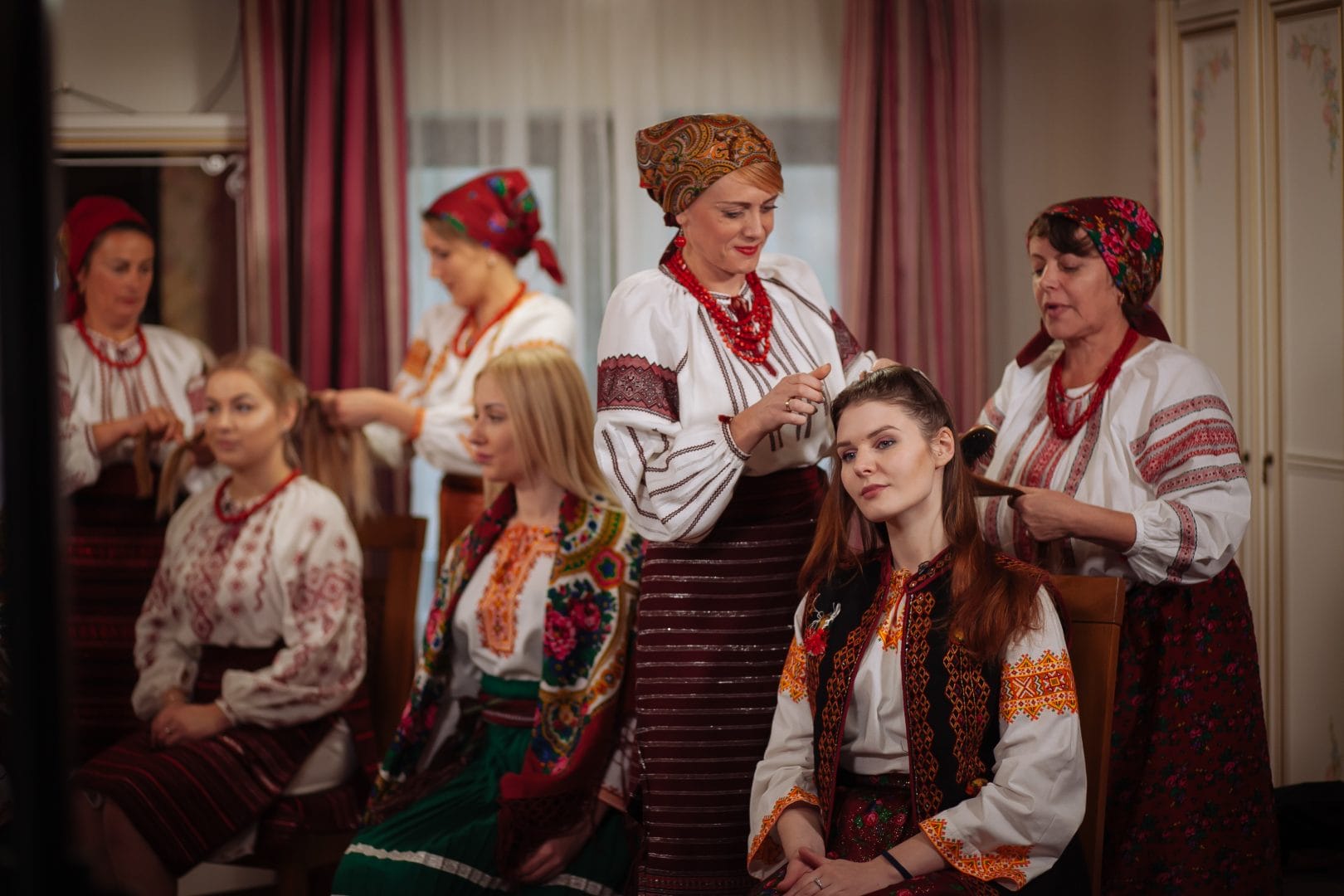
A youth space has been created, becoming a hub of activity not only for young people. In 2019, the community’s youth policy was recognized as one of the top 10 best practices in youth work and awarded by the Ministry of Youth and Sports. At that time, only big cities were ahead of Pechenizhyn youth: Dnipro, Kharkiv, and Kyiv.
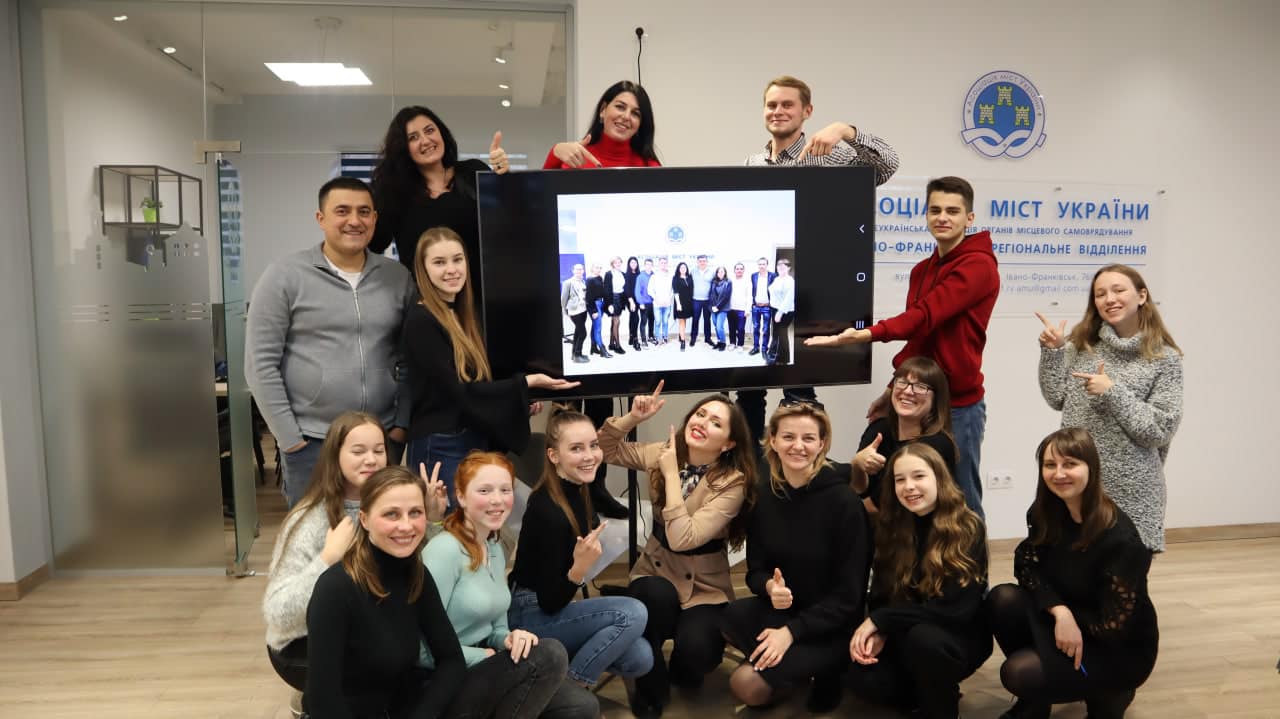
The Pechenizhyn community gained nationwide recognition after winning the ‘Hromada na Milion’ TV project. By uniting all residents around their ideas, the Pechenizhyn community won and received 1 million hryvnias to establish the ‘Fainyi’ agricultural cooperative for growing and freezing raspberries and wild berries. In particular, the community equipped a shock freezing chamber operating at -28°C and a storage chamber maintaining -17 to -20°C. The cooperative currently includes 12 people.
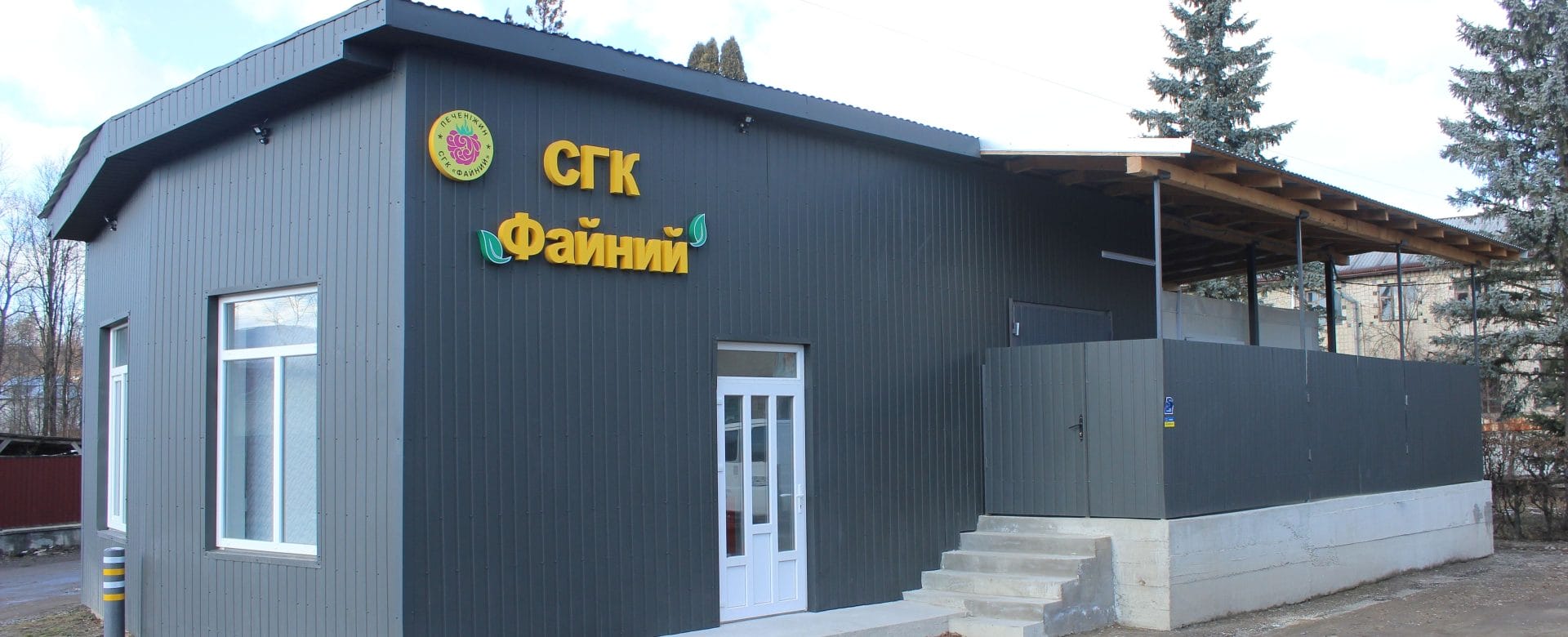
Development Strategy
Pechenizhyn Community was one of the first in the region to develop a clear and comprehensive development strategy based on the principles of sustainable growth and efficient resource use. This strategy takes into account modern challenges, the specifics of local needs, and the community’s potential. Its implementation aims to improve residents’ quality of life, create new business opportunities, and ensure ecological balance.
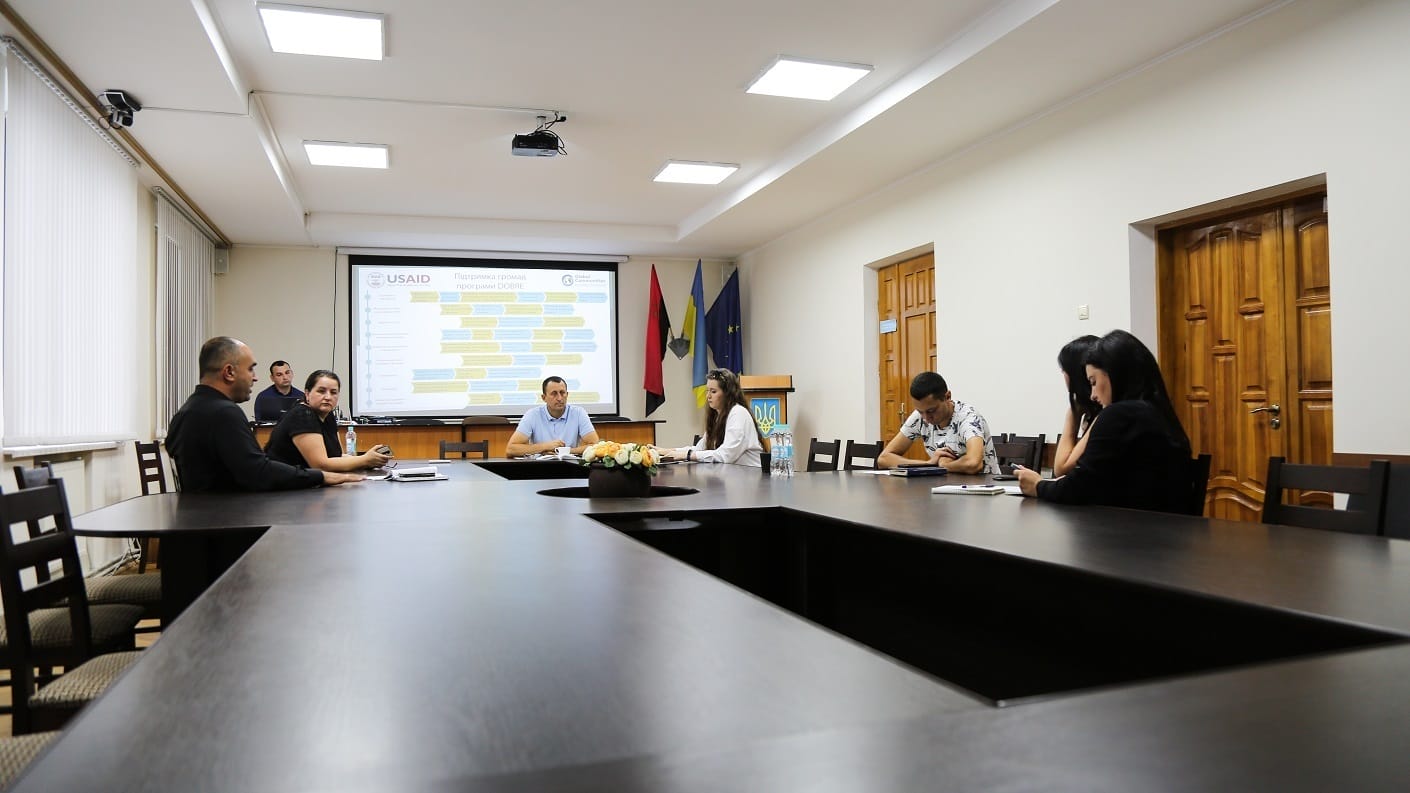
The strategy is built on four strategic priorities that serve as the driving force behind its future development:
- Expanding the economic base of the amalgamated community.
The main efforts focus on three operational goals aimed at strengthening the community’s economy through investment attraction, business support, and agro-industrial development.
- Improving the quality of the living environment.
This area includes a set of measures to create comfortable living conditions, including infrastructure development, improved access to quality services, and modernization of public spaces.
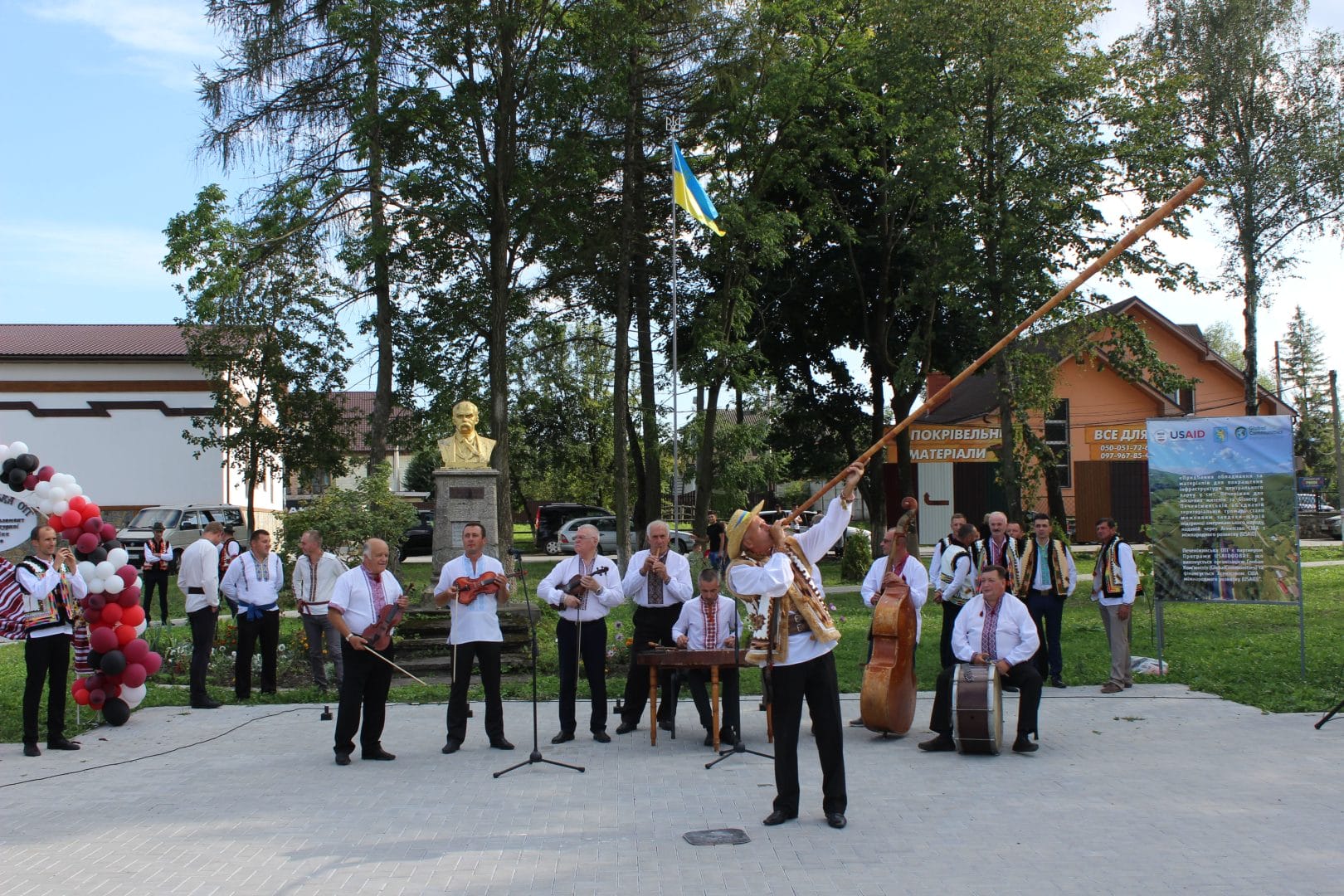
- Developing human and social capital.
Four operational goals are aimed at raising the level of education, encouraging youth engagement, supporting cultural initiatives, and strengthening social ties.
- Ensuring environmental preconditions for sustainable development.
This strategic direction focuses on achieving environmental balance through the implementation of four operational goals. It includes natural resource management, pollution reduction, support for renewable energy, and environmental education for the population.
All these priorities are implemented within a systematic approach to strategic planning. They will help maximize the efficient use of financial, labour, and time resources, ensuring the community’s sustainable development.
